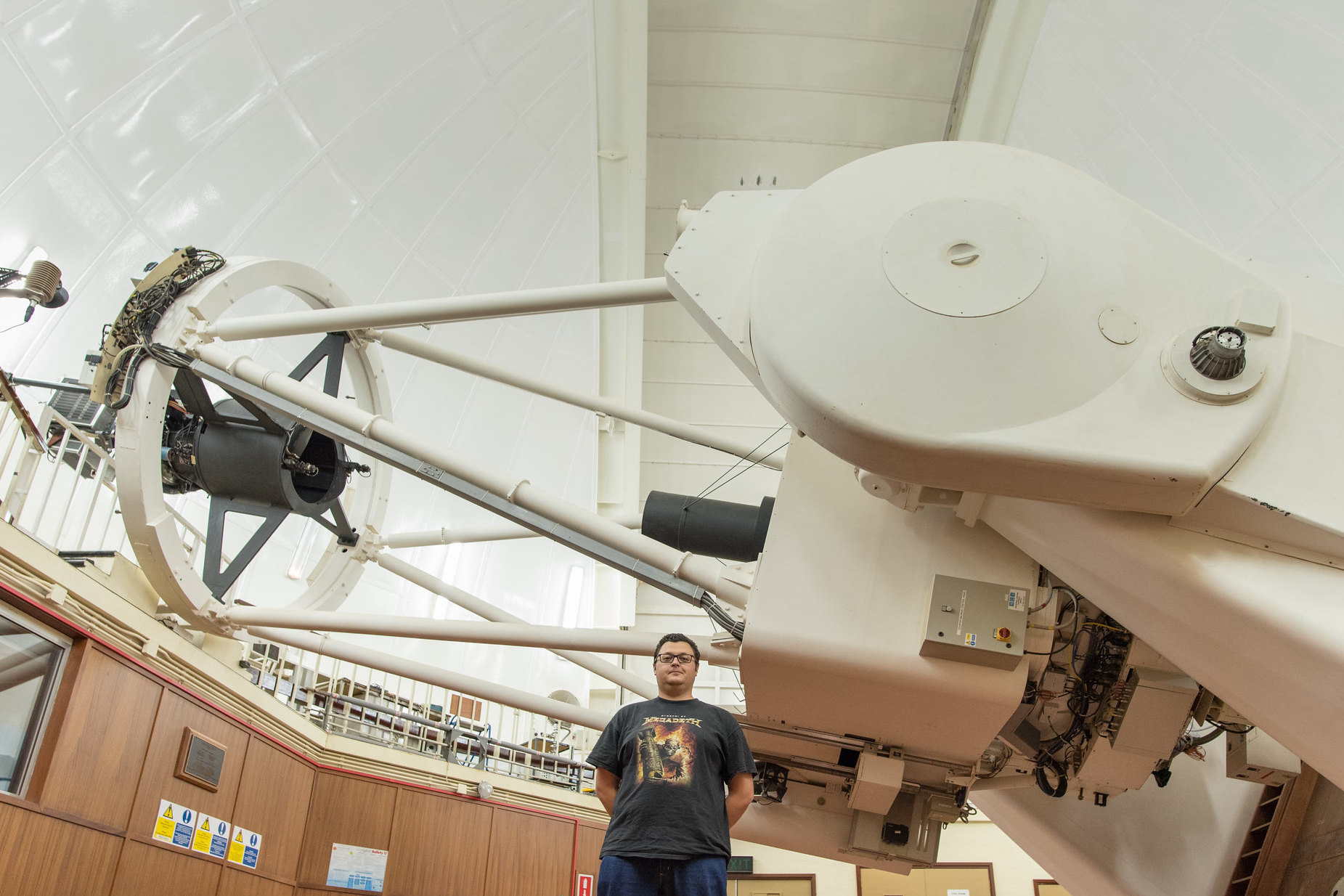
Petr Kabáth and I have been firm friends since 2011 when I began my first postdoc at ESO in Chile, where Petr was already working. While our scientific interests were different, we shared a keen interest in astronomical instrumentation and, perhaps more importantly, a similar sense of humour. We worked together at ESO for three years before I moved on to new pastures, with Petr leaving only a year or so later to return to the Czech Republic. We remained in contact but more as friends than colleagues until Petr brought up the idea of applying for an ERASMUS+ Strategic Partnership in 2017.
Having both been fortunate enough to spend a significant fraction of our careers working abroad and building collaborations with international researchers that have shaped our career paths, neither of us needed to be convinced of the important role that programmes like ERASMUS can play in the development (both personal and professional) of young researchers. So, we set about putting together a proposal. Petr called on colleagues in Brno, Stara Lesna and Bratislava to join the team, while I managed to convince the director of the world's largest optical-infrarred telescope, the Gran Telescopio Canarias, that it would be a good idea to join too. All excellent partners who contributed beyond measure to the success of both grants!
So began the whirlwind project that has been encompassed by our two ERASMUS+ grants. An idea between friends that ended with more than 600k€ being spent on the next generations of astronomers, from exchanges of early career researchers through to outreach events for primary school children. It wasn't all plain sailing (the covid-19 pandemic made sure of that), but I think we are all proud of what we managed to achieve and the clear impacts the project has had.
On a personal level, the ERASMUS+ grants were my first opportunity to manage such a project, in particular the financial aspect having never previously been the principal investigator of a funded grant. This was invaluable for my professional development, contributing greatly to me being awarded grants since and also obtaining career stability in terms of a long-term contract at the Instituto de Astrofisica de Canarias. The ERASMUS+ projects also offered me the opportunity to work with researchers at the other partner institutes, building new friendships as well as long-lasting and fruitful collaborations which have already led to a number of high impact research papers (with many more to come, I'm sure!).
ERASMUS offers the opportunity to obtain invaluable funding necessary to carry out important projects which are often not covered by more traditional research grant funding. I highly recommend other researchers with an interest in the development of future astronomers or in communicating their research to a wider audience to strongly consider applying!
David Jones, IAC, Spain